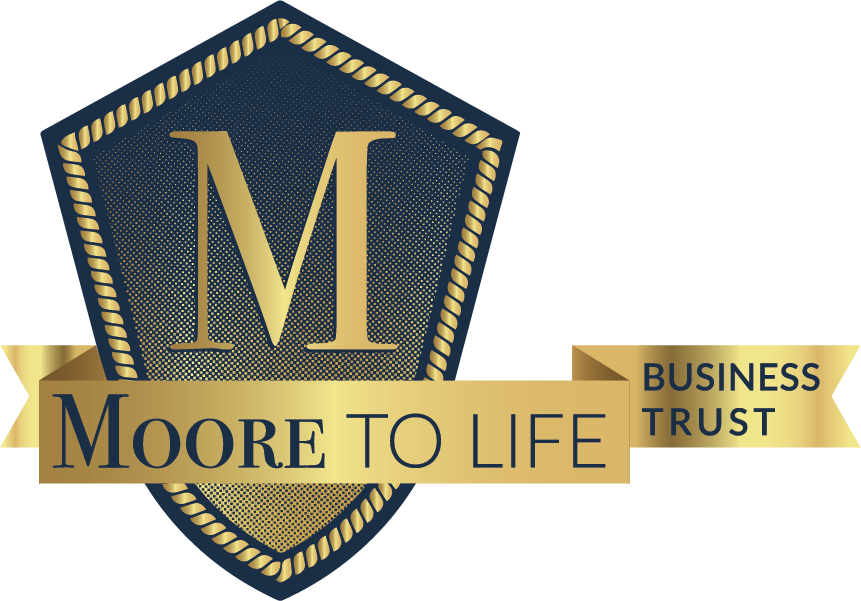FAQ
FAQ
Frequently Asked Questions
A trust is a legal setup where assets are managed by a trustee for the benefit of others, following the wishes of the person who set up the trust. Trusts are crucial for tax benefits, estate planning, as they help skip probate, protect assets from creditors, cut down on estate taxes, and give clear directions on how assets should be divided.
Not at all. Trusts serve a wide range of individuals and families, offering benefits such as bypassing probate, reducing estate taxes, protecting assets from lawsuits, and providing tax advantages. They can also function as premarital agreements, ensure family legacies, and provide for special needs children.
Absolutely. Certain types of trusts can safeguard assets from potential lawsuits, creditor claims, and other threats.
Trusts offer several advantages, including potential tax benefits, avoidance of probate, and enhanced privacy. Unlike wills, trusts can be operated during your lifetime, allowing for the management and distribution of assets both during your life and after your death.
No, setting up a trust can be seamlessly integrated into your business’s workflow. Our specialists ensure a smooth and efficient process.
Certainly. The tax benefits vary based on the type and intent of the trust. These advantages may include estate tax reduction, capital gains tax minimization, and opportunities for income tax planning. Consulting tax professionals is recommended to fully understand the specific tax implications.
Trusts offer various advantages including potential tax benefits, expedited estate settlement by bypassing probate, estate tax savings, privacy, and asset protection from creditors. While there may be an initial upfront cost associated with setting up a trust, typically a one-time payment, it contrasts with the ongoing expenses of updating a will, legal fees, and significant probate and estate tax expenses.
When selecting a trustee, it is essential to choose someone who is trustworthy, dependable, and competent in managing trust assets. You may want to consider professional trustees, such as financial institutions or trust companies, family members, or corporate trustees. It is crucial to weigh factors such as their financial acumen, availability, and willingness to fulfill the responsibilities of a trustee.
Absolutely. You can maintain control through structured arrangements, ensuring that your business continues to operate smoothly under your guidance.
Our team of specialists will carefully evaluate the goals, requirements, and objectives of both your family and business. Based on this assessment, they will offer personalized guidance to assist you in selecting the trust type that best aligns with your vision and fulfills your needs.



